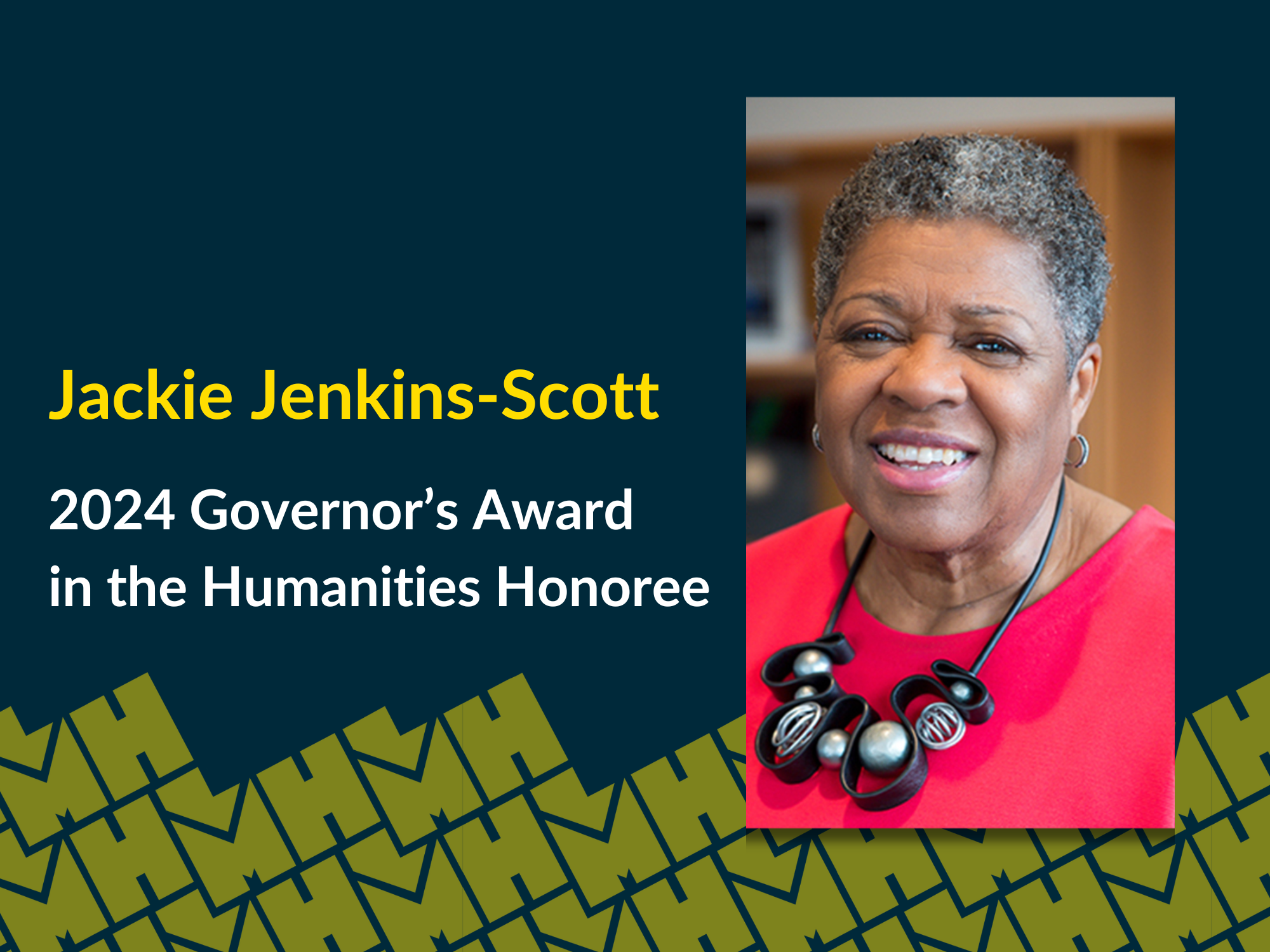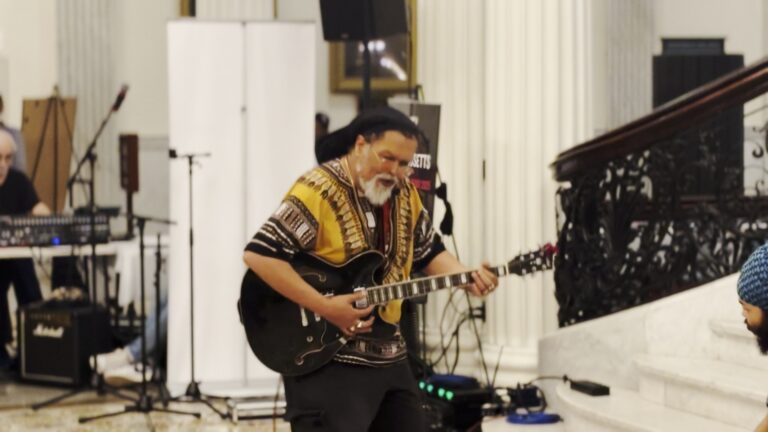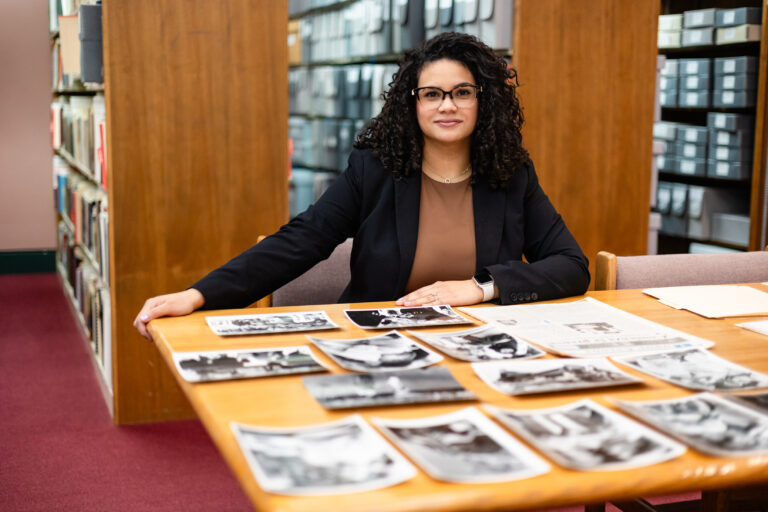Jackie Jenkins-Scott believes that the humanities represent the “connective tissue” of our lived experience. A leadership consultant and past president of two higher education institutions, she works at the intersection of business strategy and transformational leadership, helping organizations achieve excellence. Her passion? Helping mission-driven organizations realign their priorities as a way to find their “true north.”
We recently talked with the 2024 Governor’s Award in the Humanities recipient about her leadership philosophy, her experiences leading Wheelock College and Roxbury Community College, and her time serving on the board of Mass Humanities. This interview is edited and condensed.
You served as president of Wheelock College from 2004 – 2016. More recently, you served as interim president at Roxbury Community College from February 2022 to June 2024. What are some of the insights you gained from working in both a private and public higher education setting?
I was what they called a nontraditional president. I didn’t come up through the ranks of higher education. In some ways that was liberating. But in some ways, it was also extremely challenging because I hadn’t been a provost or a faculty member at a college or university.
I grew up as a first generation college student. I was always taught that education was the great equalizer–that’s the way out. My approach, whether it’s in the small private college or the public sector, is that we have to make education and opportunity available for more people. I believe we have to figure out as a society how to give people choice and options in the kind of educational environment they can grow and thrive in.
I joined Wheelock in 2004. Higher education was undergoing a transformation. Traditionally, it was the repository of knowledge; it has transitioned into the facilitator of knowledge. We don’t have all the answers. What we do is we provide you the space to find your answers. That transformation is still going on in some ways.
You drew on your expertise as a transformational leader to help both institutions adapt to the turbulent higher education landscape. Whether it was through diversifying student enrollment, increasing endowments, expanding campus infrastructure, or developing accessible hybrid academic programs, you steered Wheelock and RCC in the right directions. Can you elaborate on the leadership mindset you employed to guide these transformations?
I approach organizations with the thought that we all have a place to contribute. For me, inclusivity means bringing people in. And when we do that, and when we’re open, we’re going to get the best thinking. I approach management knowing that I don’t have all the answers, and that together we can come up with the answers. Usually, there are people who bring very different talents. That’s why storytelling is so important. It’s this notion of “nobody has the answer”, no one organization has the answer. One of the things I have loved is helping organizations achieve their highest operating level.
You served on Mass Humanities’ board from 2017-2023. How has the organization evolved over the past decade?
Particularly over the last four years, Mass Humanities went through a very careful strategic planning process. I love the fact that the board had deep conversations about what diversity really means, and how we live, what we believe in.
We were able to weather the COVID crisis in a way that allowed us to actually focus on our mission and come out the other side of it with a clearer understanding, focus, and direction for the organization. What resulted was that those values were embedded in our work. For example, diversifying the locations of where we give our grants, focusing on the small cultural centers in these small towns–that’s another form of diversity. Not everything focuses on the large urban areas.
I truly love our work around storytelling because I think that it is one of the galvanizing and unifying strategies and approaches to the work. There are few organizations that focus entirely on giving agency to our stories.
What does receiving the Governor’s Award in the Humanities mean to you?
It is really quite an honor because at the end of the day, I think the humanities are the connective tissue for all of us. And I think without the humanities, we’re going down the wrong path. We’re lost as a society. I’m very, very honored that people see a connection between helping organizations and people reach their full potential and the role and importance of the humanities.
Thank you for sharing your thoughts with us, and congratulations.
Join us to celebrate Jackie and buy your tickets to the Governor’s Awards today.






